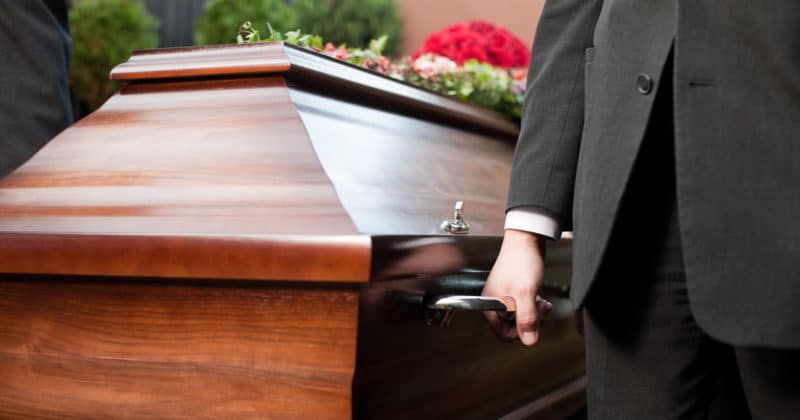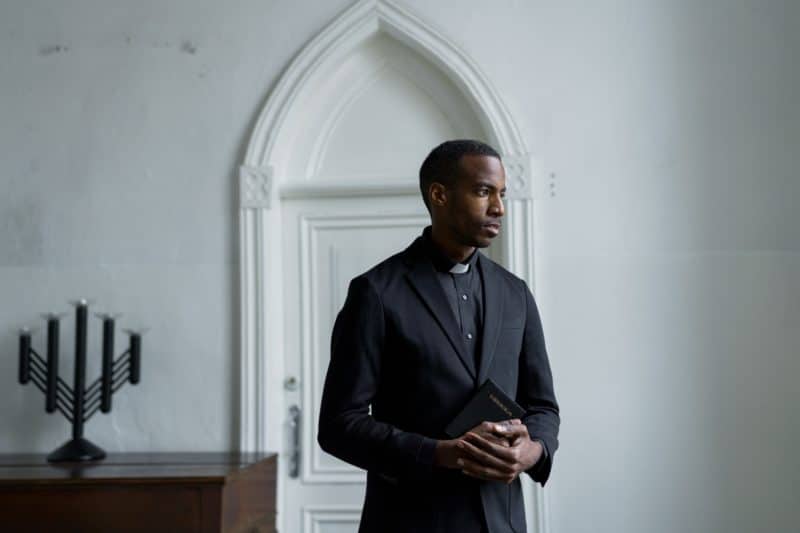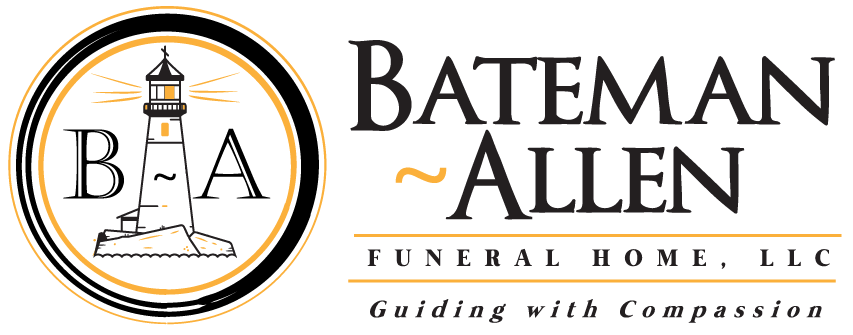
Whether you’re pre-planning your loved one’s funeral service or just recently lost a loved one and are now making arrangements, you’re probably realizing that there is a whole list of decisions you need to make and details you need to organize. Planning a funeral can feel overwhelming and even stressful when you’re in the midst of grieving, so it’s important to enlist close family members and friends in the planning process.
In addition to your family and friends, there are a number of other people involved in the funeral planning process. From the funeral home to the cemetery, there are people who you will work with before and during your loved one’s funeral.
Funeral Directors
The first person you’ll likely speak to when planning your loved one’s funeral is a funeral director. Funeral directors are licensed and trained professionals who will help you plan and organize the funeral service and communicate with either the cemetery if you opt for a burial or the crematorium if you decide to have your loved one cremated.
To start working with a funeral director, you’ll need to choose a funeral home and arrange an initial meeting with them. This meeting is often called an arrangement conference, and it will take anywhere from 30 minutes to a few hours.
During the arrangement conference, you’ll provide the funeral director with important information about your loved one including their death certificate, social security number, military status, place of death, birth and death dates, and any other necessary information the funeral home requires.
The majority of the meeting is dedicated to discussing the funeral service and making choices about interment and how the funeral service will run. Below are a few of the decisions you’ll need to make. You can prepare and make these decisions ahead of time or work with the funeral director to make the right choice for you.
- Visitation: Would you like a visitation or would you rather just stick to a ceremony? If you do choose to hold a visitation, how many will you have? Do you prefer an open or closed casket during the visitation? Some people choose to have a private viewing for the close family and then a closed casket visitation for extended family and friends, but the choice is up to you.
- Ceremony: Do you prefer a traditional funeral service with a casket or will you be holding a memorial service at a later date? Would you like to have the service at the funeral home or would you rather hold it at a church or other venue? You’ll also make decisions about embalming, music, reading, speakers, and other participants, such as pallbearers, clergy, etc. Your loved one’s funeral can be as informal or formal as you’d like, so make ceremony decisions that feel right to you, your loved one, and your surviving family.
- Burial: Will your loved one have a traditional burial or entombment? Will they be cremated? If they’ve chosen to be cremated, you’ll need to decide what to do with the remains. Some people choose to donate their bodies to science or they are organ donors. In that case, their cremated remains will be returned to you after researchers or physicians have done what they need to do. Otherwise, you can coordinate with the crematory to make arrangements.
Once you’ve made these important decisions, the funeral director will help you pick an urn or casket, but you’re not required to purchase these items from the funeral home, especially if you’re trying to save on funeral costs.
Funeral directors can also help you write the obituary for your loved one. If you choose this option, you’ll need to provide them with the obituary information, such as the history of your loved one, their personal information, and any survivors you’d like mentioned.
You’ll also discuss payment details during the arrangement conference and have the opportunity to ask any questions you might have about the funeral planning process.
Funeral Service Workers
When it comes to the day of your loved one’s funeral, there are a few people you’ll work with. The first is lot attendants, which are people who work for the funeral home who coordinate guest parking.
There are also funeral service workers who usually assist the funeral director with the following:
- Comforting you, your family, and your friends
- Providing additional information about the funeral service
- Arranging the removal of your loved one from the funeral home
- Preparing your loved one’s remains for the funeral
- Filing any necessary documents, such as the death certificate

Pallbearers
If you’ve chosen to have an open casket at your loved one’s funeral, the staff at the funeral home will take care of setting it up, but if the casket is closed, you can appoint pallbearers to carry it into the funeral venue and move it from the space to the hearse after the service is over. If you’ve chosen to have a burial service at the cemetery, pallbearers will often carry the casket from the hearse to the gravesite as well.
Generally, pallbearers are family members and close friends, but you can choose anyone to serve as a pallbearer. If you’ve asked people to do a reading or deliver a eulogy, they can also be your pallbearers or you can choose different people. The main thing to keep in mind is that caskets are heavy, so you’ll want to choose people who are able to carry the casket without difficulty.
Caskets typically have three handles on each side for a total of six handles, so you’ll want to choose at least six pallbearers. However, most caskets have a handle on both the front and the back, which means you could have eight pallbearers.
In addition to choosing someone who is able to handle a bit of weight, you’ll want to make sure you choose someone who can emotionally handle being a pallbearer as well. If you’d like to pick someone to be a pallbearer who either can’t physically or emotionally handle carrying the casket, you can appoint them as an honorary pallbearer.
Honorary pallbearers are people who can either walk alongside the casket as the other pallbearers carry it in, or they can simply be mentioned in the funeral service program.
Drivers
If you’ve chosen to have a burial service for your loved one, you’ll probably work with a driver. Hearse drivers will transport your loved one from the funeral home to the gravesite. Some people also choose to hire drivers to take close family and friends to the cemetery in a car, van, limousine, or another vehicle.

Clergy
You might choose to have a clergy person, such as a pastor or priest officiate your loved one’s funeral service. Clergy are ordained by a religious group or denomination and are usually trained in officiated funerals.
Much like you’ll meet with the funeral director, you’ll also meet with your chosen clergy to help them learn more about your loved one so that they can deliver a personalized eulogy or sermon. Clergy responsibilities include:
- Greeting funeral guests as they arrive at the funeral service
- Opening and closing the funeral ceremony with a reading or prayer
- Delivering a eulogy or sermon that is personalized to your loved one and their life
If you already have a relationship with clergy, you’ll probably feel confident hiring them to officiate your loved one’s funeral, but if you don’t be sure to ask important questions before hiring anyone, such as where they received training and if they’ve officiated a funeral before.
You also might work with church personnel, such as a receptionist or janitor if you hold the funeral service at a house of worship.
Cemetery and Vault Company Workers
Cemetery services come with their own host of people who you’ll work with, including cemetery and vault company workers who will coordinate the opening and closing of the gravesite and the placement of the burial vault, which is a sealed receptacle that protects that casket from water, earth settling, and any traffic over the gravesite.



Recent Comments